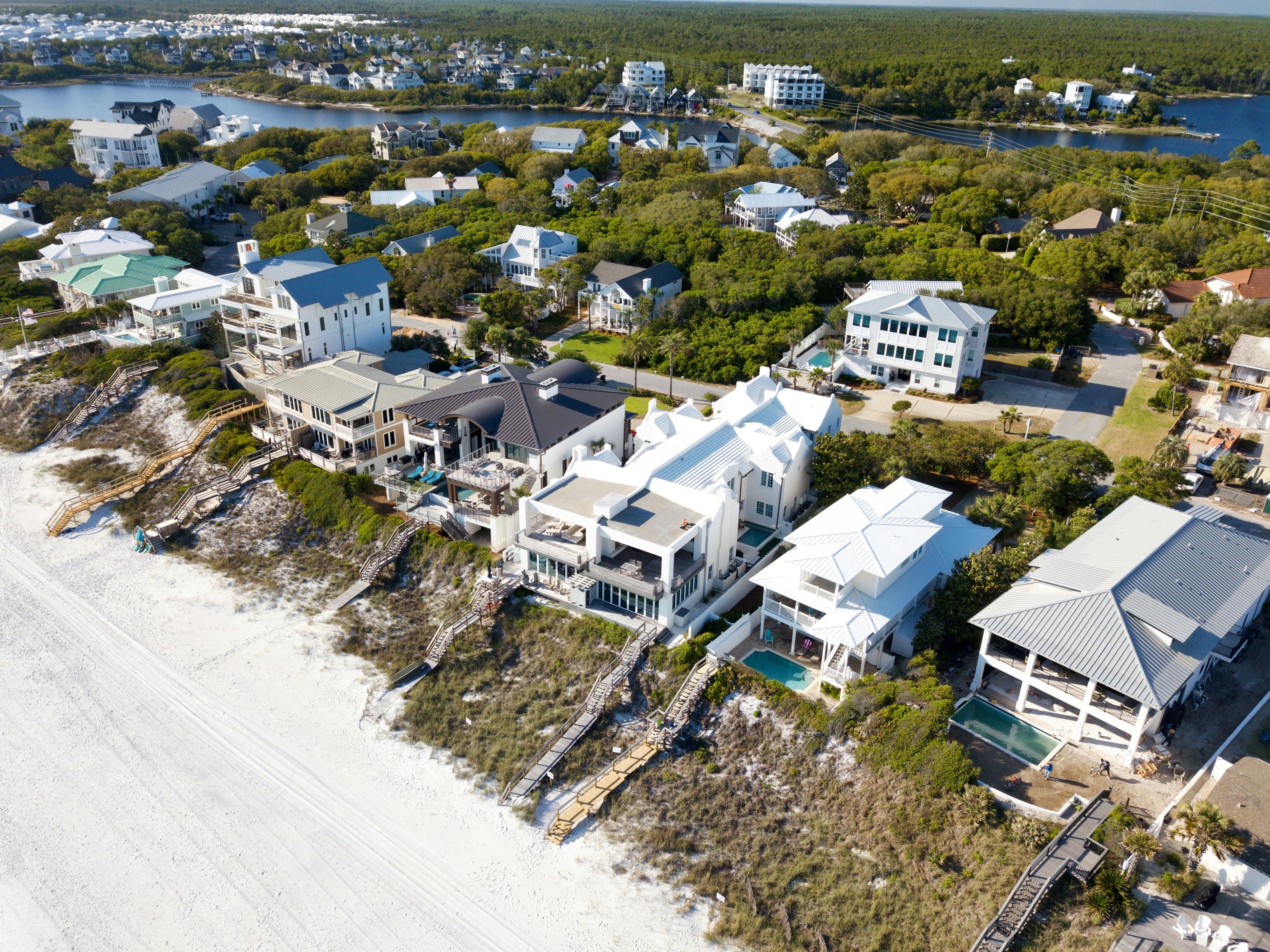Emerging Trends in Global Real Estate Markets

NXG Estates
Real Estate Investment Insights

The global real estate market is constantly evolving, shaped by economic shifts, technological advancements, demographic changes, and environmental concerns. Understanding these emerging trends is essential for investors seeking to make informed decisions in an increasingly complex landscape.

Urbanization and Mixed-Use Developments
Despite temporary setbacks during the pandemic, urbanization continues to be a dominant global trend. However, the nature of urban development is changing, with a growing emphasis on mixed-use developments that combine residential, commercial, retail, and recreational spaces.
These integrated environments offer convenience, reduce commuting needs, and create vibrant communities. They also provide developers and investors with diversified income streams and potential risk mitigation through varied tenant bases.
Sustainability and Resilience
Environmental considerations are increasingly driving real estate development and investment decisions. Beyond regulatory compliance, there is growing recognition that sustainable buildings often deliver superior financial performance through lower operating costs, higher occupancy rates, and premium valuations.
Simultaneously, climate resilience is becoming a critical factor in location decisions and building design, as the frequency and severity of extreme weather events increase. Properties designed to withstand these challenges are likely to maintain their value better over time.

Demographic Shifts
Aging populations in developed economies and growing middle classes in emerging markets are reshaping housing demands. In mature markets, there is increasing need for senior housing, healthcare facilities, and age-friendly communities. Meanwhile, emerging economies are seeing strong demand for quality affordable housing and modern retail and office spaces.
Additionally, changing preferences among younger generations, who often prioritize experiences over ownership and flexibility over stability, are influencing residential and commercial real estate trends.
Technology Integration
Technology is transforming every aspect of real estate, from construction techniques to property management and investment processes. Building information modeling (BIM), prefabrication, and modular construction are improving efficiency and quality in development.
Meanwhile, property technology (proptech) solutions are enhancing building operations, tenant experiences, and investment analysis. The integration of these technologies is becoming a competitive necessity rather than a differentiator.

Alternative Asset Classes
Investors are increasingly looking beyond traditional commercial real estate sectors to alternative asset classes that offer attractive risk-adjusted returns. Data centers, life sciences facilities, self-storage, student housing, and build-to-rent residential are gaining prominence in investment portfolios.
These specialized sectors often benefit from structural trends and can offer resilience during economic downturns, though they typically require specific expertise to manage effectively.
Cross-Border Investment
Despite geopolitical tensions and occasional protectionist measures, cross-border real estate investment continues to be significant. Investors are seeking geographical diversification and exposure to markets with strong growth prospects.
However, the pattern of these flows is evolving, with increasing investment from Asian countries, particularly China and Singapore, and growing interest in emerging markets with favorable demographics and economic trajectories.
Implications for Investors
These trends present both opportunities and challenges for real estate investors. To navigate this evolving landscape effectively, investors should:
- Develop a clear understanding of how these trends might impact different markets and sectors
- Consider how technological and environmental factors might affect asset values over time
- Evaluate the resilience of potential investments to economic, environmental, and social disruptions
- Seek opportunities in emerging sectors and locations that align with structural trends
- Maintain flexibility to adapt to changing conditions and preferences
By staying attuned to these emerging trends and their implications, investors can position themselves to capitalize on the opportunities they present while mitigating associated risks.
Share this article
Subscribe to Our Newsletter
Stay updated with the latest insights, market trends, and investment opportunities in real estate.
